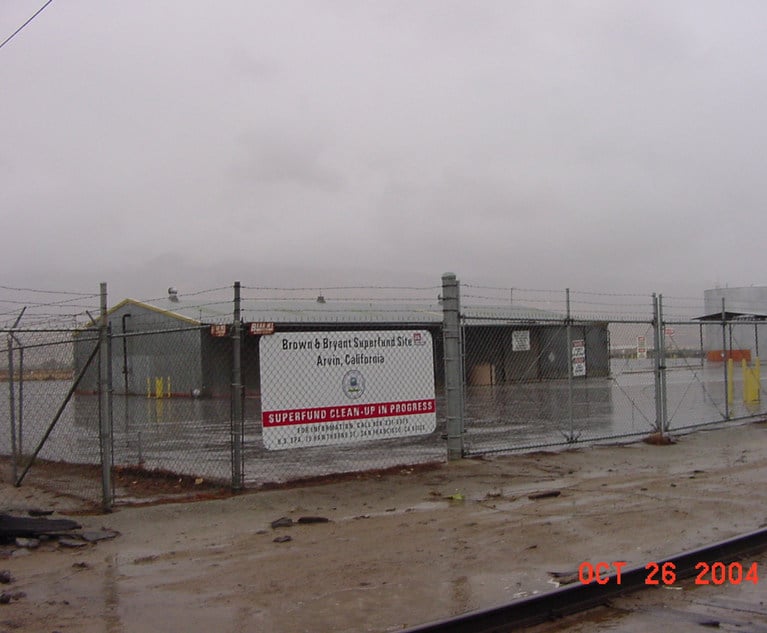Superfund Sites are notorious for taking a long time to resolve. Superfund settlements are intended to provide settling parties with finality. The incorporation of reopener clauses in Superfund settlement agreements, typically required by EPA, and changes in the regulation of contaminants can undermine this goal. EPA’s recent decisions to list certain PFAS chemicals as hazardous substances and lower risk levels for lead and 1,4-dioxane has dramatically increased the likelihood that Superfund Sites across the country may be reopened.
Environmental settlements are often reached before remediation of a site has been completed (or even started) and thus well before total site costs are known. There are, however, multiple means of settlement in the midst of such unknowns, and plenty of reasons to settle early. “Settlements…are the heart of the Superfund statute, ” i.e., the Comprehensive Environmental Response, Compensation, and Liability Act (“CERCLA”). Atl. Richfield Co. v. Christian, 140 S. Ct. 1335, 1355 (2020).


 Brown & Bryant Superfund site in Arvin, California. October 26, 2004. Credit: EPA.
Brown & Bryant Superfund site in Arvin, California. October 26, 2004. Credit: EPA.




